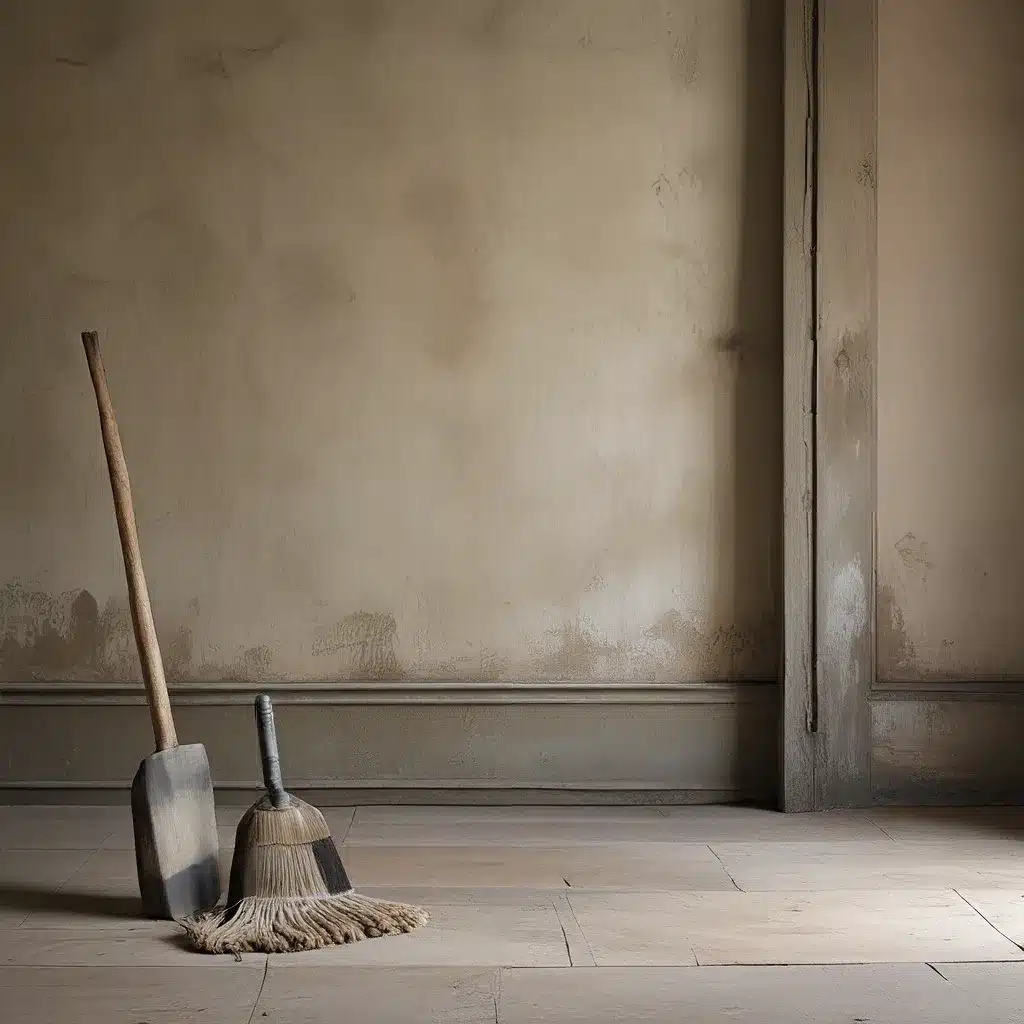As someone who has always been a bit of a perfectionist, I used to approach cleaning with an ironclad determination to make everything spotless. I’d scrub and polish and organize until every surface gleamed, every corner was dust-free, and every item was in its perfectly curated place. But over time, I started to realize that this relentless pursuit of perfection was actually making me miserable. It was sucking the joy out of what should be a simple, therapeutic task, and leaving me feeling dissatisfied and drained.
That’s when I stumbled upon the wabi sabi philosophy, and it completely transformed the way I approach cleaning (and life in general). Wabi sabi, a concept rooted in Japanese aesthetics, is all about embracing imperfection, authenticity, and impermanence. It’s the understanding that nothing in this world is ever truly perfect or complete – and that’s okay. In fact, it’s what makes everything so beautiful and meaningful.
As I delved deeper into the principles of wabi sabi, I realized that they could be applied to cleaning in a really profound way. Instead of obsessing over every little speck and stain, I started to appreciate the natural wear and tear that comes with everyday life. The faded, weathered edges of my favorite teacup. The slightly uneven tiles in the bathroom. The delicate patina on an antique piece of furniture. These “imperfections” are what give objects their character and charm – and the same can be said for our homes.
So, how does one embrace the wabi sabi cleaning philosophy? It’s all about shifting your mindset and learning to find beauty in the flawed and the fleeting. Here are some tips to get you started:
Celebrate the Imperfect
One of the core principles of wabi sabi is the idea that perfection is overrated and stifling. Instead of nitpicking every tiny flaw, try to appreciate the character and charm that imperfections can bring. That chipped mug? It’s a reminder of the countless cups of tea it’s held over the years. The scuffed up hardwood floors? They tell the story of the laughter, tears, and adventures that have unfolded in your home.
Embrace the Ephemeral
Nothing in this world lasts forever – and that’s what makes it so precious. When you clean, try to be mindful of the transient nature of your work. That freshly mopped floor will soon be covered in footprints again. Those neatly folded towels will eventually need to be washed. Instead of viewing this as a never-ending cycle of maintenance, see it as an opportunity to appreciate the present moment. Savor the fleeting satisfaction of a job well done, before the natural chaos of life takes over once more.
Seek Out Authenticity
In a world that’s increasingly dominated by mass-produced, cookie-cutter items, wabi sabi encourages us to seek out authentic, handmade objects that bear the unique imprint of their creator. When you’re cleaning, pay attention to the signs of craftsmanship and individuality in your belongings. The slight variations in a handblown glass vase. The irregular edges of a hand-stitched throw pillow. These are the little details that make everyday items truly special.
Slow Down and Be Present
Wabi sabi is all about slowing down and being fully present in the moment. When you’re cleaning, resist the urge to rush through the task at lightning speed. Instead, take your time and immerse yourself in the sensory experience. Feel the texture of the sponge, hear the satisfying swish of the mop, smell the fresh, clean scent in the air. By staying mindful and engaged, you’ll find that the act of cleaning can be a meditative, restorative experience.
Appreciate the Patina of Time
One of the most beautiful aspects of the wabi sabi philosophy is the way it celebrates the natural aging process. As objects are used and loved over time, they develop a unique patina that tells the story of their existence. Rather than trying to restore or preserve this patina, wabi sabi encourages us to embrace and appreciate it. When you’re cleaning, take a moment to admire the worn, weathered surfaces of your belongings. See them as a testament to the rich history and memories they’ve accumulated, rather than as something that needs to be erased.
Ultimately, the wabi sabi cleaning philosophy is about finding joy and meaning in the imperfect. It’s about letting go of the unrealistic standards of perfection that so often weigh us down, and instead embracing the beauty and authenticity of our lived experiences. By shifting our mindset in this way, we can transform the mundane task of cleaning into a profoundly nourishing and fulfilling practice – one that helps us slow down, savor the present, and appreciate the natural cycles of life.
So the next time you’re scrubbing the bathtub or folding the laundry, remember the wise words of Suzuki Roshi: “We’re all perfect just as we are, but there is always room for improvement.” Embrace the flaws, celebrate the impermanence, and let the wabi sabi cleaning philosophy guide you to a more peaceful, joyful relationship with your home.







